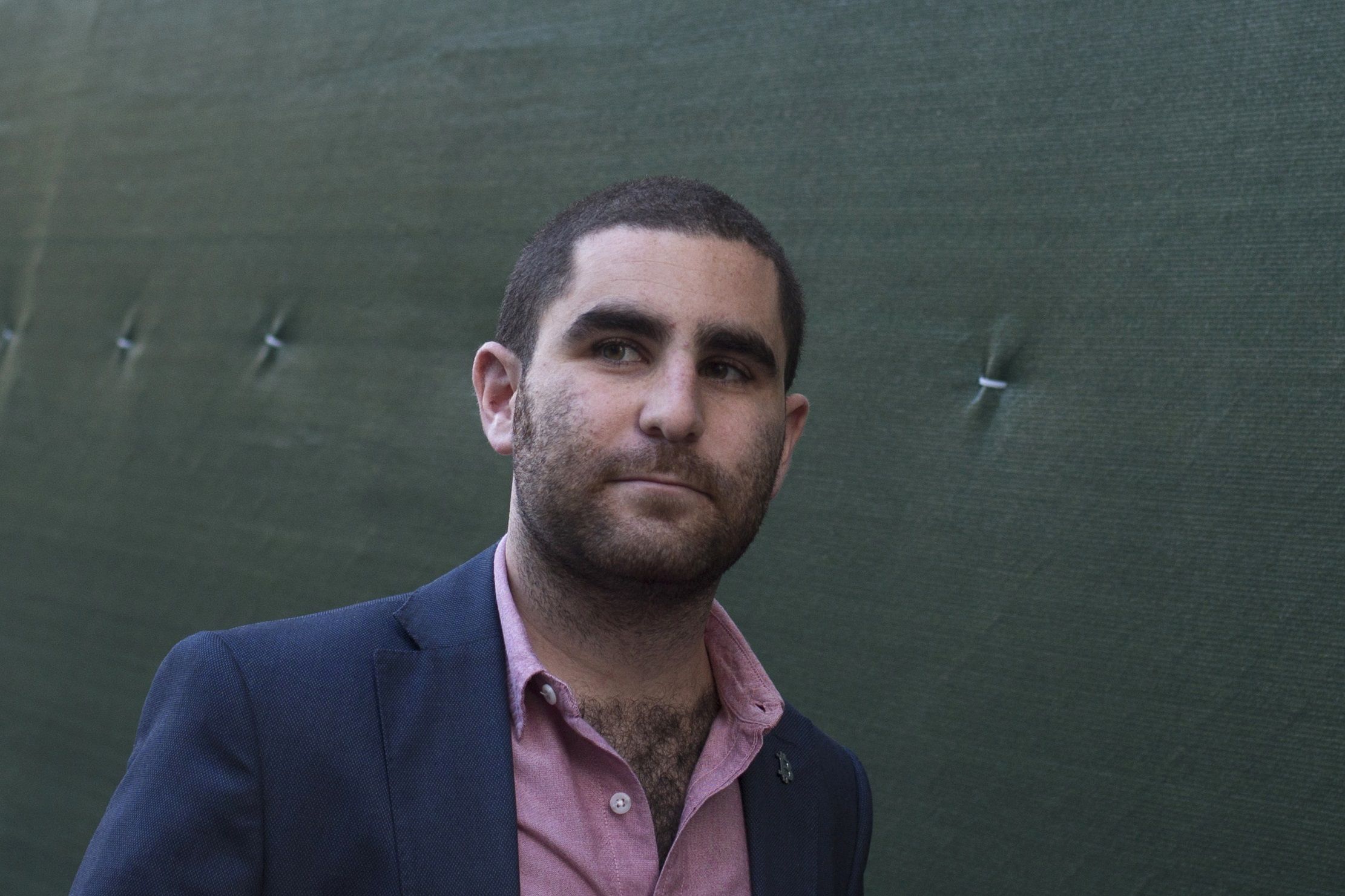
It used to be, if you wanted an Amazon.com for illegal drugs, there was only one place to go: a site called the Silk Road, run by an enigmatic handler operating under the pseudonym "Dread Pirate Roberts" and operating off the "dark net"—a slice of the Internet that can be interacted with only via specific, hypersecure browsers.
But in 2013, the FBI shut down the Silk Road and arrested Ross William Ulbricht, a 29-year-old with a bachelor's degree in physics and a master's degree in materials science and engineering, who the bureau claims is the Dread Pirate himself. As of today, Ulbricht is awaiting trial.
Since the Silk Road's downfall, the online market for mail-order drugs has splintered: Where once there was a dominant supplier, now there are dozens of dark net marketplaces vying for customers. You'll find drug bazaars named with some variation of the word market (The Marketplace, Tom's Market, Agora); others that use their names to hark back to a history of defiance (Pirate Market, Outlaw Market, 1776); and a handful that are clearly aiming for the crunchy end of things (Cloud 9, Blue Sky, Middle Earth, the Majestic Garden). But the splintering of the online drug market heralds more than just a multiplicity of titles: it signals ideological splits that go deeper than name-calling.
The Dread Pirate Roberts's libertarian-with-limits attitude was Silk Road gospel; though the Road provided fake IDs and drugs, the site sold only "victimless" contraband. That meant no stolen credit cards, no hacked accounts and no weaponry—an ethos that more than one market has challenged since the Silk Road went down in 2013.
The most infamous of the provocateurs is Evolution, a virtual drug bazaar started in early 2014 by a handler known only as Verto. Even before the Silk Road closed, Verto was well known on the dark net as a seller of stolen financial information and proprietor of the "Tor Carding Forum," a private, $50-per-subscription forum where stolen credit cards and similar goods were traded.
On Evolution, nothing is off-limits: Vendors sell weapons, identities and scammed credit cards as well as illegal narcotics, and Verto (and his team, if he has one) takes 10 percent of every sale.
Commentators like Wired's Andy Greenberg worry that markets like Evolution signal the development of large-scale mail-order drug markets by established, organized criminal organizations. The evidence Greenberg presents certainly suggests Evolution's backers are resourceful: The site (unlike many dark net drug bazaars, including the original Silk Road) loads quickly, looks well designed and has almost 100 percent uptime. Compare that with Agora, currently the most used dark net drug bazaar, which is only up slightly over 70 percent of the time.
But Evolution hardly exists unchallenged. Even on the Deep Web, some people seem to have principles. A slim majority of drug bazaars follow the Silk Road model, refusing to list weapons or other victim-dependent contraband. Some marketplaces go even further: Majestic Garden, carving out a niche for itself as a supplier of psychedelics, reviews vendors individually for character and quality. Cloud 9, besides restating Dread Pirate Roberts's original "victimless crimes" philosophy in its terms And conditions (itself a rare thing for a drug bazaar to have), donates 50 percent of its profits to the Free Software Foundation and the Electronic Frontier Foundation.
But whether the marketplaces are built around a genuinely altruist ideology, or are simply criminal enterprises seizing the day, they're proving a nightmare for law enforcement, which now needs to contend with many tiny bazaars in a scene where there's no longer a near monopoly. The consensus, according to The Guardian, seems to be that the fall of Silk Road may have had the opposite effect from what law enforcement officials wanted: The online black market drug scene is now larger than it was before Ulbricht was brought in.
Uncommon Knowledge
Newsweek is committed to challenging conventional wisdom and finding connections in the search for common ground.
Newsweek is committed to challenging conventional wisdom and finding connections in the search for common ground.
About the writer
To read how Newsweek uses AI as a newsroom tool, Click here.





